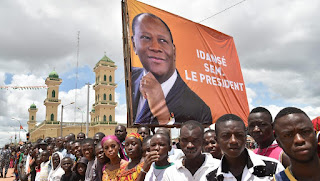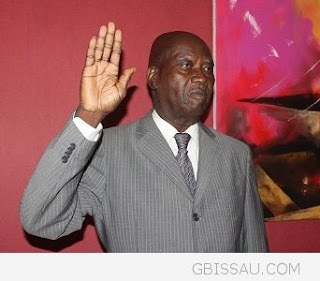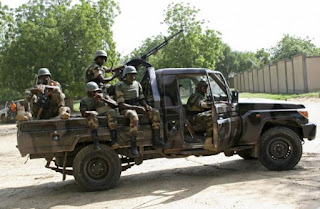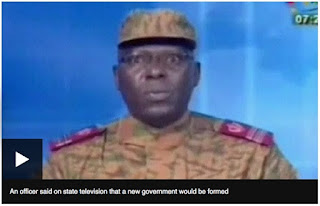Guinea Bissau crisis update: national unity government talks break down

After one prime minister was dismissed the president and another resigned in response to an outcry from parliament, elder statesman Carlos Correia (pictured above) became Prime Minister (all 3 PMs were from the ruling party, the PAIGC). To reduce the instability and potential of internal rebellion, Correia tried to bring the second largest party, the Party of Social Renewal (PRS), into the cabinet. Talks broke down over how many ministries the PRS would receive. The PAIGC has enough seats to approve the cabinet without the PRS (in the 2014 election , PAIGC won 57 of 102 seats with 48% of the vote), but Correia was hoping for a "national unity government" with the PRS, which holds 41 seats.
















